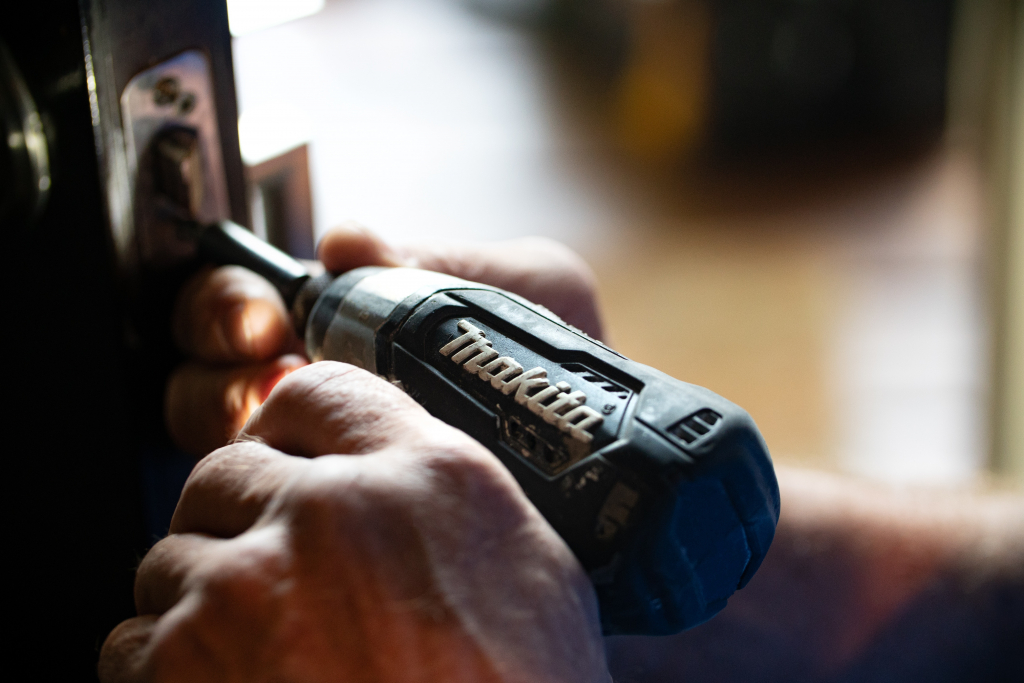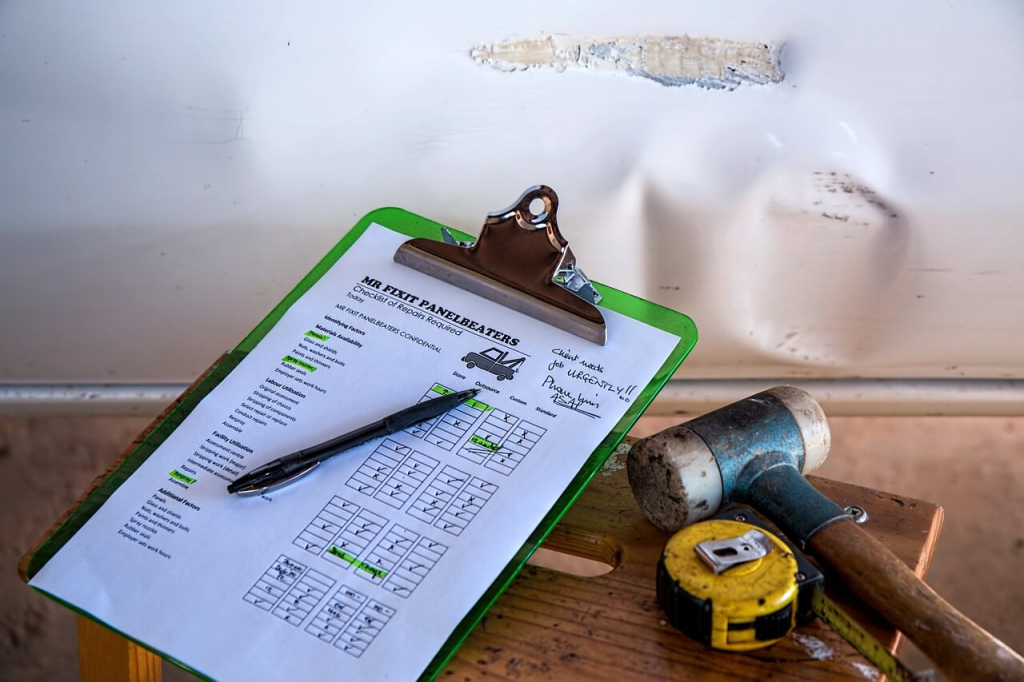You may be the property owner but that does not mean you can just waltz in unannounced at any given time if current tenants are staying there. There are boundaries to being a landlord and you should respect your tenant’s privacy.
Normally, a landlord is allowed to visit any property that he owns if the visits are related to health inspections, maintenance and repairs, and a possible sale.
A good landlord will notify you ahead of time of any visit that he will do. There are also legal bases for a landlord to be allowed in the property. Be familiar with those reasons to avoid any conflicts and issues with your tenants.
I. Repairs
This is pretty basic since the landlord is responsible for overseeing any repairs. You may not be the actual person to do the specific task but as a landlord, you should be there.
It is better to be present when something is being done to your property because you have to make sure that they address the problem as requested by the tenant.

II. Renovations and Upgrades
You might be at a stage that you’re thinking of upgrading a property. For example, you wanted to add landscaping to make the home more attractive. This will also benefit you in the future because the first thing that house hunters will see is the structure.
Adding high-quality photos of your landscaping will make the listing you’ll create at Padleads even more enticing to those who are looking for a place to rent. It is best to get your listings out there to avoid vacancies and which better platform to do that than on Padleads?
III. Inspections
You have your routine inspections in your property to ensure that it is still habitable and safe. You also have to conduct moving-out inspections.
This is done to ensure the current status of your property and check for any damages that might have occurred during the tenant’s stay. This is also to evaluate what needs to be done to prepare it for the next tenant.

IV. Large parcels
Usually, the mailboxes available are too tiny and large parcels should not be left outside a property with the risk of someone else taking it.
The landlord can receive those on behalf of their tenants who might not be around at the time of delivery. This will then be brought to the property to ensure its safety.
V. House Tour
Before the lease of a tenant ends, you might be looking for or screening applicants already. Of course, no landlord will want a property vacant for a long time.
Some tenant applicants will want to see the actual unit they will be renting. Thus, a tour or a viewing can be done with the landlord, with the current tenant’s permission. This can also be done for potential buyers and contractors.

VI. Requested Services
A landlord can visit the property if the tenant requested it. They may want to show you some defective items that need repairs or for you to render essential services to the unit.
VII. Renter deserted the unit
One of the things a landlord dreads is a tenant abandoning the unit. For these circumstances, you are most definitely allowed to enter your property. But keep in mind that there are factors to consider before claiming that the property has been deserted.
Once it is established that the property has been indeed abandoned, it is your job to get rid of any belongings left behind and to prepare the unit for new tenants.
VIII. Violation of Safety Codes
A landlord is allowed to enter a property if there are obvious violations to the safety codes and has conducted activities that could potentially cause damage. It is part of your role to control and fix the problem.
IX. Court-issued visit
A landlord is permitted to enter the property if he is issued a permit by the court should there be serious reasons for the landlord to check up on it.

X. Eviction notification
A tenant on the verge of being evicted will most likely avoid their landlord at all cost which will force you to personally go to their property and serve them their eviction notice. This is usually done with a law enforcement officer present.
Always remember to not take advantage of your position as a landlord. You should respect your tenants and their right to refuse access if they are unaware and if they do not find enough valid reasons for the visit.
Be sure that the tenants are informed of any instances that you have to be at the property and be there at a reasonable time. Too early in the morning or too late at night is not appropriate unless it is an emergency. Emergencies are an exception to the rule, of course.